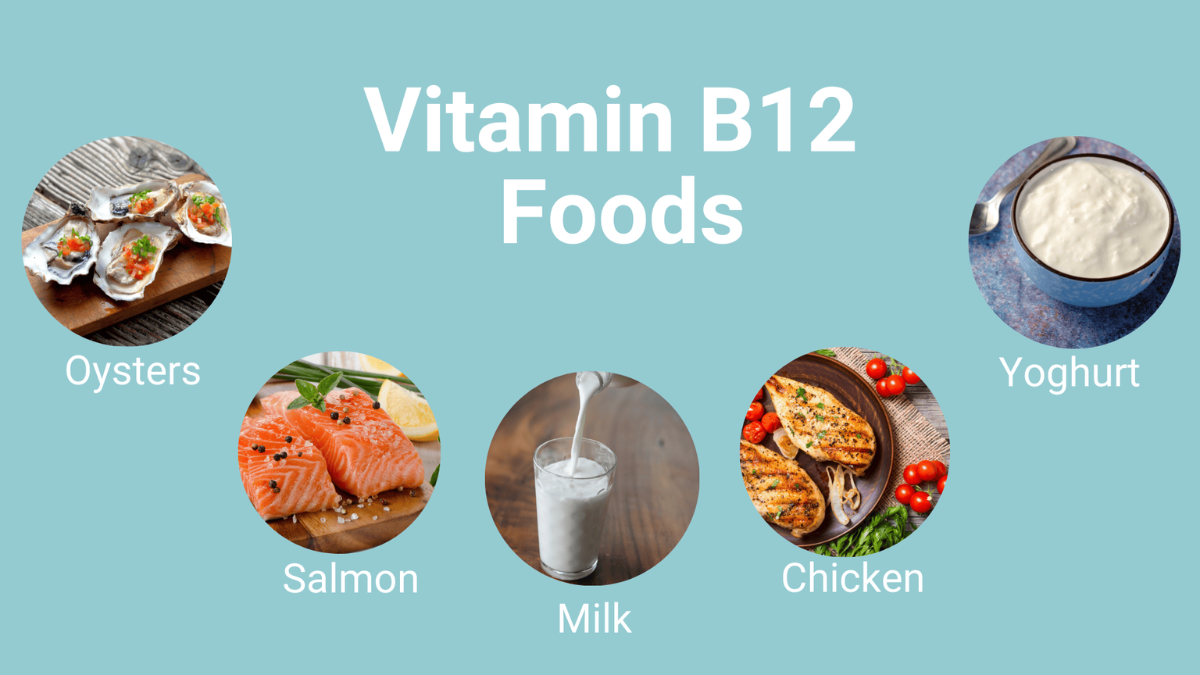Vitamin B12 is a crucial nutrient that plays a vital role in various bodily functions, from red blood cell formation to neurological health. Maintaining optimal B12 levels can be challenging, especially for those following plant-based diets or dealing with certain medical conditions. Fortunately, several natural dietary choices can help increase your vitamin B12 intake. Here are some effective ways to boost your B12 levels naturally.
1. Incorporate Dairy Products
Dairy products like milk, yogurt, and cheese are excellent sources of vitamin B12. The bioavailability of B12 in dairy is high, making it an easily absorbable form of the nutrient. Aim to include a variety of dairy products in your diet, such as a glass of milk with meals or a serving of Greek yogurt as a snack.
2. Eat Eggs
Eggs, particularly the yolks, are rich in vitamin B12. One large egg can provide up to 20% of the recommended daily intake of this essential vitamin. Incorporating eggs into your breakfast, lunch, or dinner can be a simple and delicious way to boost your B12 levels.
3. Consume Seafood
Seafood, including fish, shellfish, and seaweed, is abundant in vitamin B12. Fatty fish like salmon, mackerel, and tuna are especially high in this nutrient. Try to include seafood in your diet at least 2-3 times per week to support your B12 intake.
4. Consider Fortified Foods
Many plant-based foods, such as cereals, plant-based milk alternatives, and nutritional yeast, are fortified with vitamin B12. These fortified foods can be particularly helpful for those following vegetarian or vegan diets, who may have a harder time obtaining sufficient B12 from dietary sources alone. Be sure to check nutrition labels and opt for products that provide a significant amount of B12 per serving.
5. Monitor Individual Needs
While these dietary tips can help increase your vitamin B12 intake, the optimal amount may vary based on your individual needs and any underlying health conditions. If you’re concerned about your B12 levels or experience persistent symptoms of deficiency, it’s best to consult with a healthcare professional for personalized guidance and recommendations.
By incorporating these B12-rich foods into your diet, you can take proactive steps towards maintaining healthy vitamin B12 levels and supporting your overall well-being.
